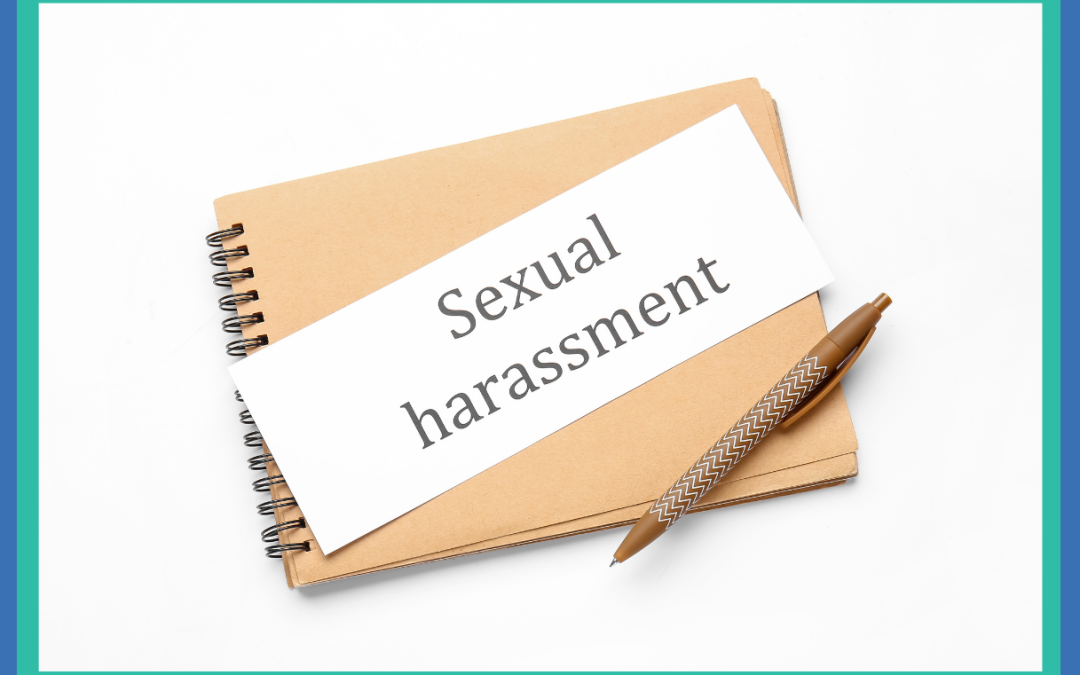On October 26th, 2024, new and significant workplace regulations took effect. The Worker Protection (Amendment of Equality Act 2010) Act came into force. This new legislation places a proactive responsibility on employers to take all “reasonable steps” to prevent sexual harassment in the workplace. It applies equally to employees, agency workers and contractors.
Employment tribunals now have the ability to increase any compensation awarded for sexual harassment by up to 25% and the Equality and Human Rights Commission (EHRC) can take enforcement action against employers who fail to demonstrate reasonable steps.
What is meant by “Reasonable Steps”?
A deliberately broad and non-specific term which means “reasonable” may be different for each organisation. What is reasonable for an organisation employing thousands may not be reasonable for a bar employing 15.
However, there are several strategies all businesses can implement to help demonstrate “reasonable steps”:
- Sexual Harassment Policy
Many employers will have a Dignity at Work Policy which will cover harassment in the workplace. Review it and ensure it covers sexual harassment and covers your “reasonable steps” and is more than just lip-service to the legislation. It should also be easily and readily accessible to all employees.
- Open and Regular Communication
Encouraging open communication will enable employees to come forward and raise concerns knowing that they are doing so in a safe and respectful environment.
- Carry out a Risk Assessment
Complete a Risk Assessment identifying areas where sexual harassment is more likely to occur, This could include lone working, management treatment of junior employees, and of course, the hospitality sector is at risk more than other industries due to the availability of alcohol. Ensure you put in place plans to address any potential sexual harassment from third parties. The risk Assessment should then enable you to produce a clear set of plans to mitigate these risks. Once in place, they will need to be regularly reviewed.
- Management and Staff Training
Managers need to have the confidence to handle allegations of harassment sensitively and effectively. Everyone should understand what sexual harassment is, what behaviours are unacceptable, and what to do if the witness or experience sexual harassment.
- Act quickly and fairly
Listen to and take seriously any complaint made and respond quickly and sensitively to the allegations. And take into account the expectations and outcomes put forward by the complainant.
These will help ensure there is a culture within your workplace that is zero tolerant of sexual harassment, but they must be lived and breathed by everyone and not just tick boxes kept in a file never to see the light of day again!

